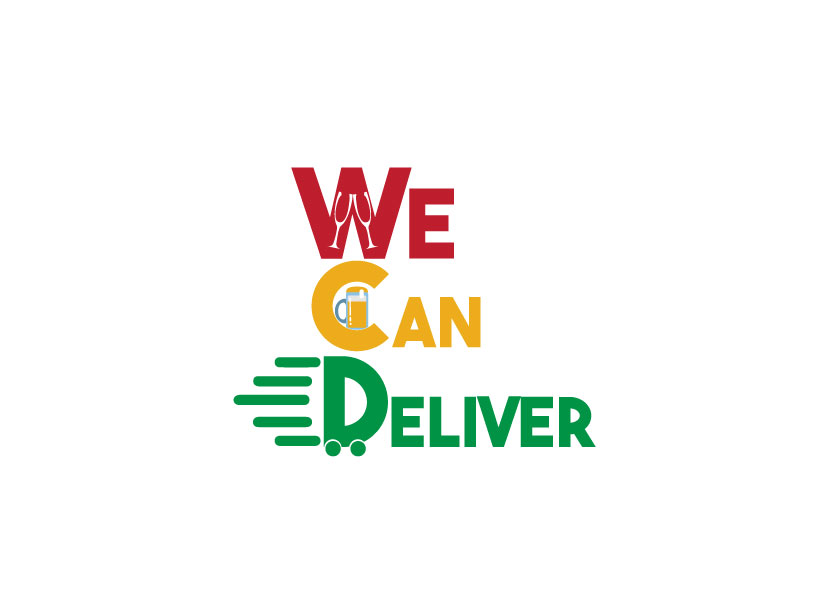Delivery Process FOR can-doers
Can Do-ers will be delivering orders containing alcoholic beverages. This information is intended to help you lawfully deliver alcohol. Please note that you could be held liable if you deliver alcohol to a minor or someone who is visibly intoxicated, so it's important that you follow this process fully to protect yourself and the customer.
I. PICK-UP
Orders are for 21+ only. You will be picking up from licensed alcohol retailers who have already picked and packed the order. Make sure to double check the order on your delivery app and what they’ve packed in the bag to make sure it matches.
II. DROP-OFF
A. AGE AND ID VERIFICATION
When an order contains alcohol/cannabis, the law requires you to verify the age of the customer before you hand over the alcohol. You can only deliver if the customer is 21 years of age or older and you collect the customer's signature.
To verify age, ask the customer to see a valid ID. Check every customer’s ID every time, even if the customer clearly appears to be over 21. A valid ID must include a photograph and date of birth. For example, acceptable forms of ID may include:
A valid driver's license issued by federal, state, county, or municipal government.
A valid passport.
An identification card issued by the Armed Forces of the United States that contains the name, date of birth, description, and picture of the person.
Next, make sure the ID is not invalid or fake:
Check the expiration date. Do not accept an ID that is expired.
Ask to remove the ID from the wallet.
Compare the customer at the door to the photo in the ID. Examine facial features: are the height, eye shape, ear and nose shape or placement similar? Ignore weight, hair and makeup as these may change.
Feel the edges of the ID - a legitimate ID will have smooth, uniform edges. A fake ID may have rougher edges and perhaps may be coming apart.
Look for glue lines or bumpy or uneven surfaces. A real ID’s surface should be consistent You should only complete the delivery after collecting the customer's signature.
B. CHECK FOR INTOXICATION
Do not deliver alcohol if the customer is visibly intoxicated. The dictionary defines intoxication as the condition of being drunk. Here are some steps to help determine if a person is intoxicated.
Physical Signs of Intoxication
Look for glassy or bloodshot eyes. Also look for droopy eyes or if someone clearly has difficulty keeping their eyes open.
Notice how the person smells. If you notice that the person’s breath or clothes smell of alcohol, this may be an effective tell-tale sign of intoxication.
Watch for impaired motor function. Intoxicated people can’t perform normal tasks in the same way they would if they were sober. If someone is having trouble walking in a straight line or is fumbling with objects, this may be a sign that they are intoxicated.
Signs of Behavioral Intoxication
Look for a person’s inhibitions becoming lowered. Some people who are visibly intoxicated exhibit louder behavior than usual or may make inappropriate comments.
Watch out for a person that is slurring their speech.
Notice if someone is speaking slower or faster than usual.
C. RESTRICTED LOCATIONS
Do NOT, under any circumstances, deliver alcohol to the following locations:
Public or private school (K-12) (e.g. an elementary school);
College campus (e.g. a frat house);
Prison, reformatory, veterans’ home, or state capitol grounds;
Locker or similar package storage service (e.g. a storage facility); or
Business that sells alcohol (e.g. liquor store).
Federal Housing
D. JUDGMENT
Always use your judgment. If you have any doubts about the ID, the customer, or encounter a situation in which it does not seem reasonable to deliver alcohol (e.g. there is a party with minors present), do not complete delivery and contact support.
